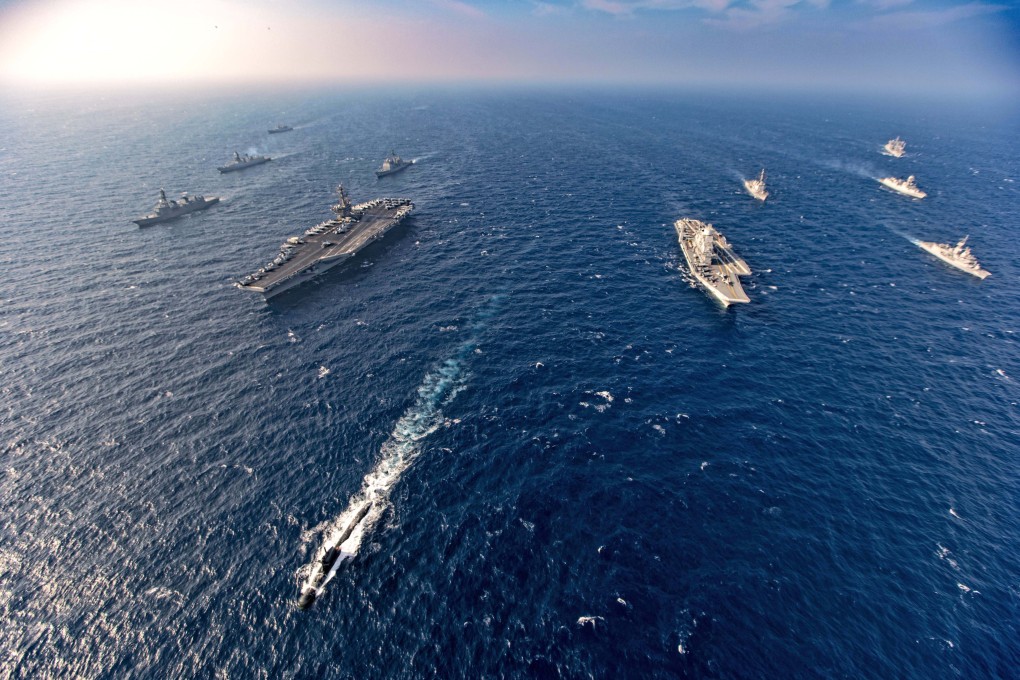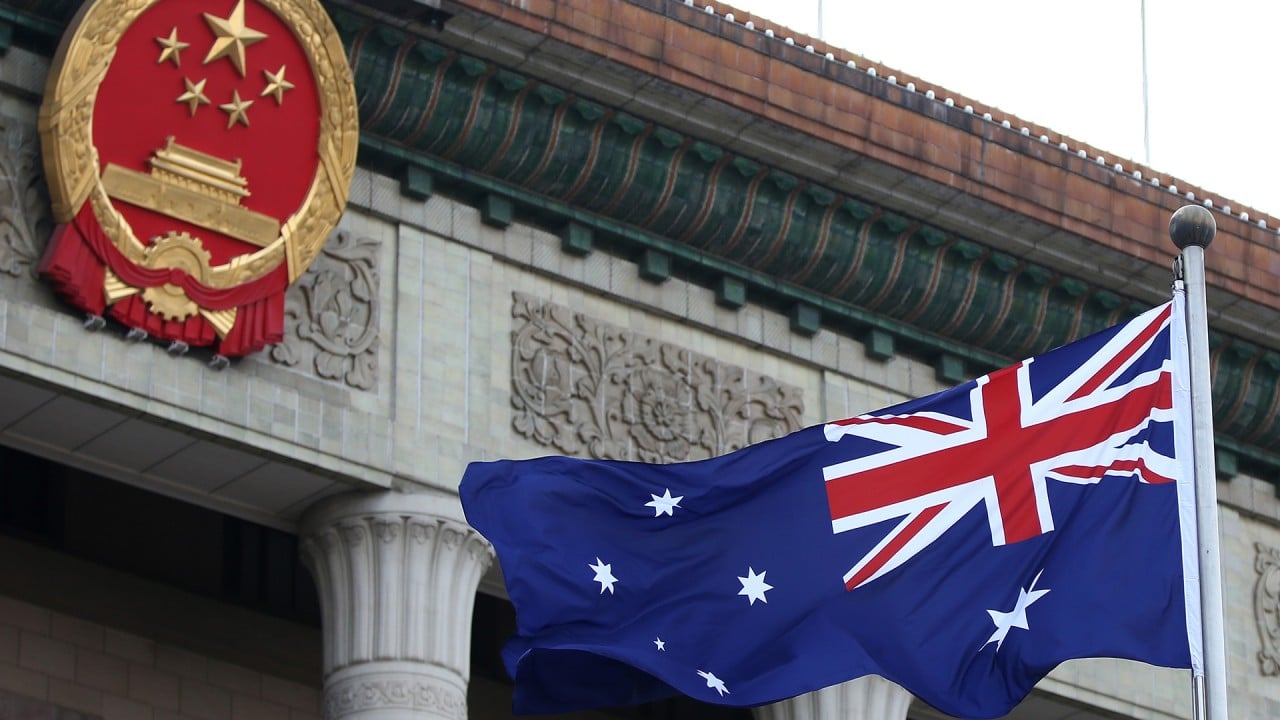Asian Angle | Why the Quad doesn’t spell the future of Asia’s relationship with China
- Different geopolitical interests and vulnerabilities mean the security alliance between Australia, India, Japan and the US will not alter the course of the region’s history
- But the big geopolitical game in Asia is not military but economic – and a massive economic ecosystem centred on China is evolving in the region

This article was first published in Foreign Policy.
This is why it was unwise for Australia to slap China in the face publicly by calling for an international inquiry into China and the origins of Covid-19. It would have been wiser and more prudent to make such a call privately. Now Australia has dug itself into a hole. All of Asia is watching intently to see who will blink in the current Australia-China stand-off. In many ways, the outcome is predetermined. If Beijing blinks, other countries may follow Australia in humiliating China. Hence, effectively, Australia has blocked itself into a corner.
And China can afford to wait. As the Australian scholar Hugh White said: “The problem for Canberra is that China holds most of the cards. Power in international relations lies with the country that can impose high costs on another country at a low cost to itself. This is what China can do to Australia, but [Australian Prime Minister] Scott Morrison and his colleagues do not seem to understand that.”

07:55
Australia ditched diplomacy for ‘adversarial approach’ to China and ‘a pat on the head’ from US
Significantly, in November 2019, former prime minister Paul Keating warned his fellow Australians that the Quad would not work. “More broadly, the so-called ‘Quadrilateral’ is not taking off,” he told the Australian Strategic Forum. “India remains ambivalent about the US agenda on China and will hedge in any activism against China. A rapprochement between Japan and China is also in evidence … so Japan is not signing up to any programme of containment of China.” While India has clearly hardened its position on China since Keating spoke in 2019, it is unlikely to become a clear US ally.

